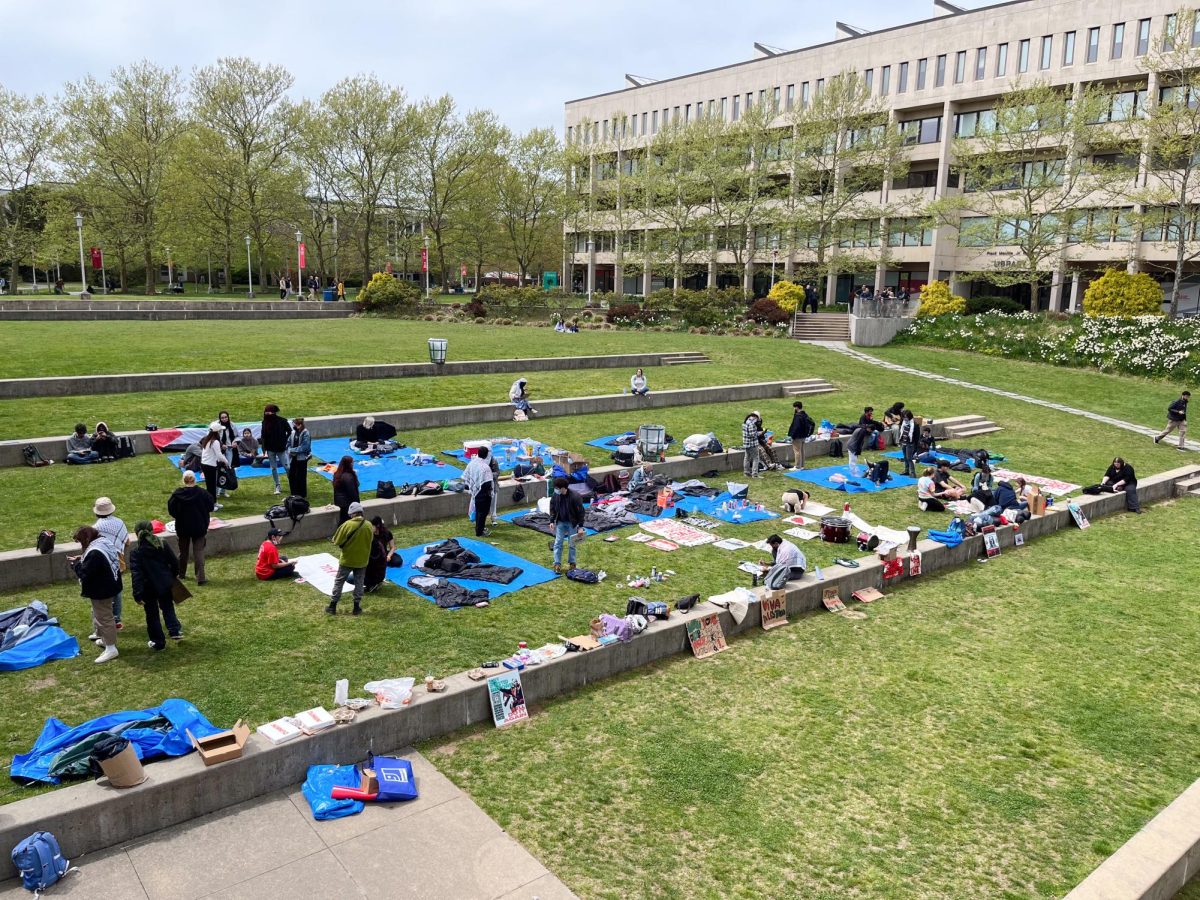
“Super senior” is too common a term at Stony Brook. Every year, seniors find themselves missing a required course or falling short on their D.E.C. requirements and are forced to stay anywhere from an extra semester to two extra years.
Students are often confused about what courses to take and how to graduate on time. SOLAR, the system on which students make their schedules, is at times impossible to follow. The site is not user-friendly and makes the process of planning a schedule a tedious affair. Even with the degree progress report on SOLAR, students are still falling behind. Navigating major requirements seems to be an overly difficult task and academic advising and planning are crucial for students to graduate on time.
According to U.S. News and World Report, Stony Brook’s four-year graduation rate is 47 percent. Compare that to another public state university like Binghamton University, whose graduation rate is 68 percent. Penn State’s four-year turnover is 65 percent. The difference in percentages show that SBU is average, at best, rather than having the flagship status that the administration promotes.
And yet, academic advising at Stony Brook is lacking. When the time comes to schedule classes, many students rely on each other and the little information that is available online to plan their courses for the next semester.
Part of the problem is the complex D.E.C. and major requirements that mandate courses be taken in a certain order. Policies vary from department to department, and not all classes are available every semester. A lot of the confusion lies in the fact that students are unaware of all this. This information becomes available through trial and error, which leads to students falling behind.
A major flaw is the impersonal advising system. Though freshmen enter the university with special advisors through the undergraduate colleges, everyone is thrown into a general pool after their first year of classes. After that, advisors only know students by their ID number.
Even when advisors give personalized advice, students more often learn they are not on track to graduate on time rather than receive positive guidance.
Though students need to take it upon themselves to actively seek out help when it comes to efficiently planning their academic schedule, both advisors and students need to figure out how to meet halfway.
Academic advising needs to prepare students to succeed, not repair schedules. Hundreds of students attend walk-in advising hours at the end of the semester, in an often last-minute minute attempt to stay on track with their major. Instead, this process should happen much earlier on.
Though much of the information regarding course listings, major requirements and scheduling is theoretically available online in places such as department websites, the Registrar page and in the Undergraduate Bulletin, many of these are not updated regularly. Even if students take it upon themselves to plan out a schedule on their own, they might receive completely different sets of information depending on where they look. This is daunting, confusing and unacceptable.
As Stony Brook grows as an institution, it can not leave students behind. Not only is it unfair to students who plan on four years of college and four years of tuition, but enabling students to graduate on a four-year track is essential to the reputation that has caused this university to grow in the first place.
If the administration focuses on helping students succeed, this university will grow in far more than just rankings.
Sincerely-
The Editorial Board















